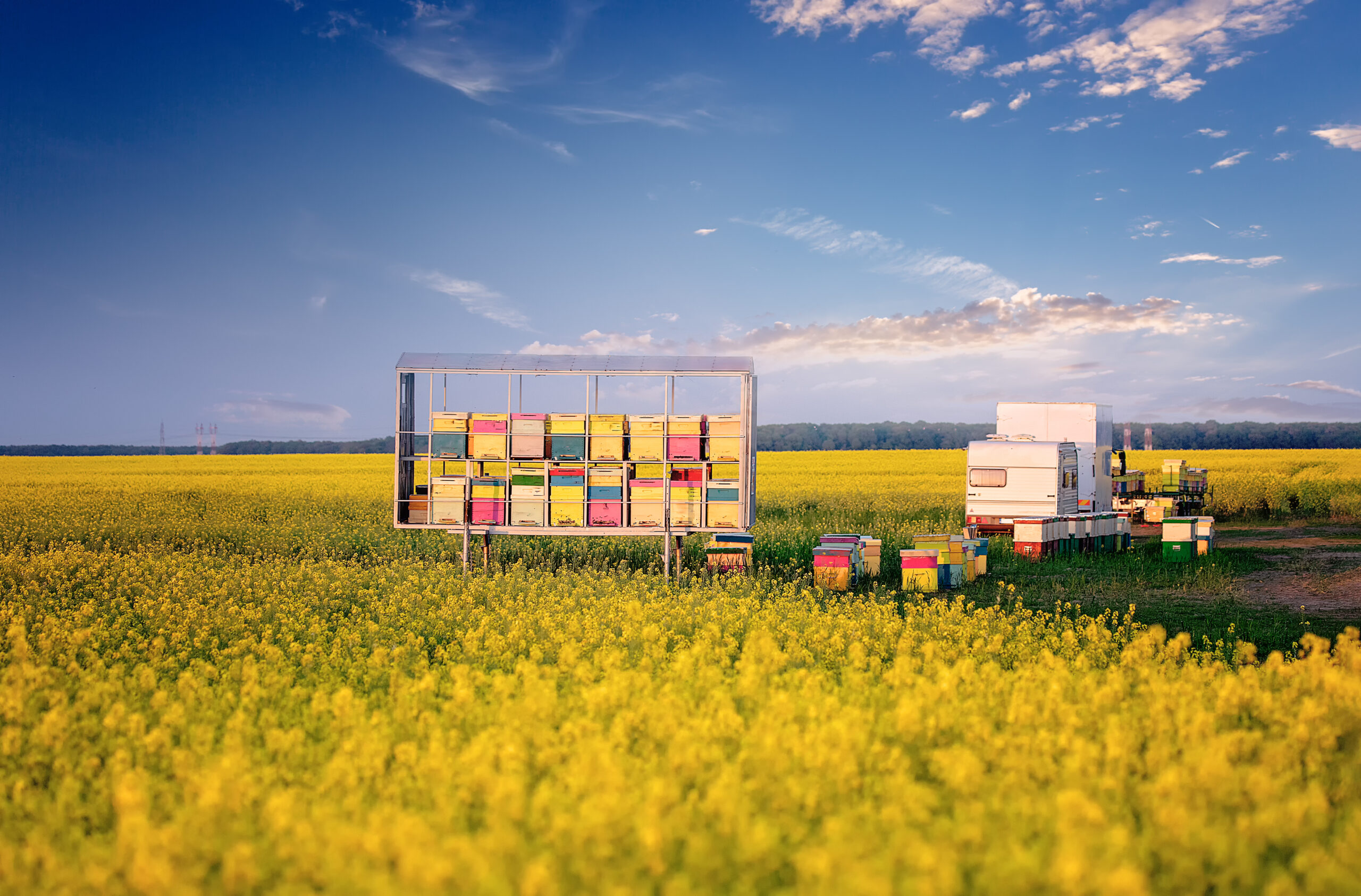FREE SHIPPING WHEN YOU ORDER $55 OR MORE

Beekeeping in Communist Romania
Beekeeping in Romania
Beekeeping in Communist Romania, which existed from 1947 to 1989, underwent significant changes due to the centralized nature of the government and the collectivization of agriculture. The Communist regime under Nicolae Ceaușescu aimed to transform Romania into a self-sufficient industrialized state, and this vision had an impact on various sectors, including agriculture and beekeeping. During the early years of Communist rule in Romania, there was an emphasis on collectivization and the establishment of state-controlled agricultural enterprises. This included the creation of large-scale agricultural cooperatives and state farms. Private land ownership was severely restricted, and beekeepers were expected to join collective farms or state-run beekeeping enterprises.
Beekeeping was considered an important agricultural activity, as honey production was seen as a valuable commodity for both domestic consumption and export. The government implemented measures to increase honey production and set production targets for collective farms and state-run enterprises. Beekeepers were encouraged to use modern techniques and equipment to achieve higher yields.
Under the Communist regime, beekeepers faced challenges related to bureaucratic control and central planning. Decisions about hive placement, bee breeding, and honey collection were often made by government-appointed officials. Beekeepers had limited autonomy and were expected to follow state directives.
Additionally, beekeepers had to navigate a system of quotas and regulations. The state determined the amount of honey each collective farm or beekeeping enterprise was required to produce. Failure to meet the assigned quotas could result in penalties or loss of privileges. This centralized approach often stifled individual creativity and entrepreneurship among beekeepers.
While the Communist regime aimed to increase honey production, the emphasis on quantity sometimes came at the expense of quality. Mass production methods and the use of chemical treatments were common, and natural beekeeping practices were often overlooked.
Despite the challenges, beekeeping continued to be an important activity in Romania, with the country known for its diverse flora and favorable climate for honey production. Beekeepers, particularly those operating in remote rural areas, were able to maintain some degree of independence and preserve traditional beekeeping methods.
Following the fall of Communism in 1989, Romania underwent significant political and economic changes. The transition to a market-oriented economy allowed for greater individual freedom and entrepreneurship. Beekeepers gained more autonomy and were able to adopt modern techniques while also preserving traditional practices. Today, Romania remains an important honey producer, with a growing interest in organic and sustainable beekeeping methods.